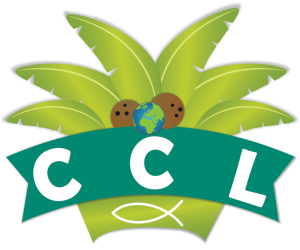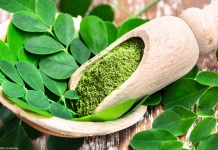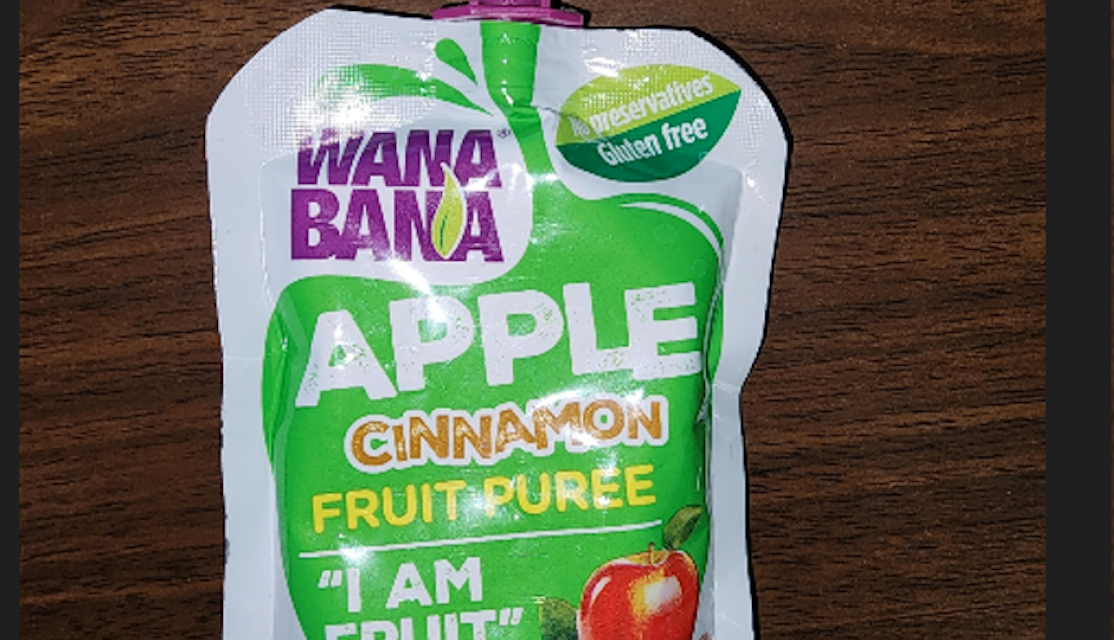
FDA Urges Warning and Recall After Lead Found in Certain Cinnamon Products
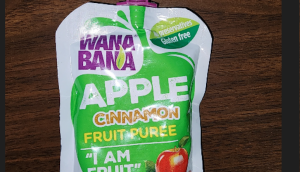
In a recent development, the Food and Drug Administration (FDA) in the United States has uncovered alarming levels of lead in various cinnamon products. This revelation has sparked concerns over the safety of these commonly used food items, particularly in the context of their consumption by children. The issue came to light when prepackaged cinnamon applesauce, a popular snack among kids, was found to contain dangerously high levels of lead.
How high?
Of the 6 cinnamon products found to contain lead, the amount of lead contained in the cinnamon pouches ranged from 2.12 to 3.4 parts per million, far less than the levels in the recalled cinnamon applesauce, which were between 2,270 and 5,110 ppm. Though the FDA emphasized that prolonged exposure to lead presents risks, at least 90 children and young babies were suspected to have high levels of lead in their blood, with many parents reporting behavior problems after their children ingested the lead.
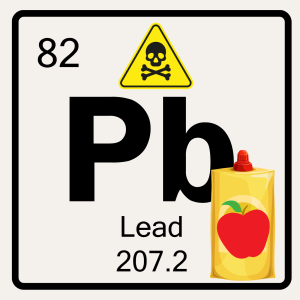
The cinnamon applesauce products that were recalled were
- Weis Cinnamon Applesauce pouches
- Schnucks Cinnamon Applesauce pouches
- WanaBana Apple Cinnamon Fruit Puree pouches
Following this outbreak of lead and chromium poisoning linked to the cinnamon applesauce pouches, the agency tested 75 samples of ground cinnamon products and found six contained lead. FDA asked those manufacturers to issue a voluntary recall.
Here is a list of the Cinnamon Products with High Lead Content
- Marcum sold at Dollar Tree, Family Dollar and Save A Lot stores nationwide.
- El Chilar Cinnamon Powder (“Canela Molida”) sold at La Joya Morelense in Baltimore, Maryland
- Swad cinnamon powder sold at Patel Brothers stores across the U.S.
- MK Cinnamon (sold by MTCI) sold at SF Supermarkets in several states.
- La Fiesta Cinnamon Powder sold at La Superior SuperMercados
- Supreme Tradition sold at Dollar Tree and Family Dollar
FDA officials said they have not been able to contact MTCI of Santa Fe Springs, California, which distributes MK brand cinnamon sold at SF Supermarkets in several states.
Lead poisoning, especially in children, is a matter of grave concern due to its detrimental effects on neurological development and overall health. Children are particularly vulnerable to the toxic effects of lead, which can lead to irreversible damage to their cognitive abilities and behavior.
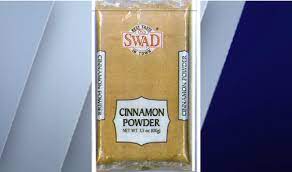
At least 90 confirmed cases of high blood lead levels have been reported, mostly in babies and young children who ate the recalled applesauce and apple puree pouches. These cases were reported in more than two dozen states. View a list of the recalled pouches here.
The FDA traced the source of lead to cinnamon used in the products. A cinnamon applesauce product sample that was tested by the FDA had 200 times more lead than the FDA allows in food.
The lead-contaminated ground and powdered cinnamon was provided by a distributor in Ecuador to another company in Ecuador that used the cinnamon in the applesauce pouches. The FDA is screening shipments of cinnamon from outside of the U.S. for lead.
In terms of the actual cinnamon with lead content, Coconut Country Living was able to secure one of the Swad cinnamon bags from a supermarket in Batavia, Ohio. Apparently some stores had not removed these bags of contaminated cinnamon from their inventory.
The presence of lead in cinnamon products raises significant questions about the manufacturing processes and quality control measures employed by food companies. Lead contamination can occur at various stages of production, including during cultivation, processing, and packaging. Consequently, consumers are rightfully concerned about the safety of the products they consume, especially those marketed towards children.
Sadly, new information from the FDA implies that in terms of these particular applesauce pouches, the cinnamon may have been intentionally contaminated with a lead based dye to improve the aesthetics of the cinnamon since lead is used to brighten the colors of spices.
The FDA’s discovery underscores the importance of stringent testing and monitoring of food products to ensure they meet safety standards. However, relying solely on regulatory agencies to safeguard public health may not be sufficient. Consumers must also take proactive measures to protect themselves and their families from potential hazards.
One crucial step consumers can take is to purchase cinnamon products from companies that regularly test and publish their heavy metal testing results. This transparency not only demonstrates a commitment to quality and safety but also allows consumers to make informed choices about the products they buy.
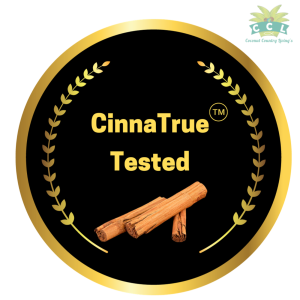
Furthermore, opting for organic Ceylon cinnamon, certified with CinnaTrue (TM) testing, is advisable for several reasons. Ceylon cinnamon, also known as “true” cinnamon, is prized for its distinct flavor and aroma. Unlike its more common counterpart, Cassia cinnamon, Ceylon cinnamon contains lower levels of coumarin, a compound that can be harmful in large doses.
Moreover, organic cultivation practices minimize the risk of exposure to pesticides and other harmful chemicals, further enhancing the safety and purity of the cinnamon. CinnaTrue certification provides consumers with additional assurance that they are purchasing genuine Ceylon cinnamon, free from adulteration or contamination.
Beyond the culinary aspect, Ceylon cinnamon is also valued for its numerous health benefits. Studies have shown that it possesses antioxidant and anti-inflammatory properties, making it potentially beneficial for managing conditions such as diabetes and cardiovascular disease. Additionally, Ceylon cinnamon is believed to promote skin health and improve complexion, adding to its appeal among health-conscious consumers.
Summing up, the recent discovery of lead in cinnamon products serves as a stark reminder of the importance of diligence and awareness when it comes to food safety. Consumers should prioritize purchasing from reputable companies that prioritize quality and transparency in their production processes. Opting for organic Ceylon cinnamon with CinnaTrue certification not only ensures purity and safety but also allows consumers to reap the full benefits of this prized spice. By making informed choices and demanding accountability from manufacturers, consumers can play a vital role in safeguarding their health and well-being.
Stay tuned for more news from Coconut Country Living and listen to our new podcast episode on how you can avoid the lead poisoning that has become prominent in America.
